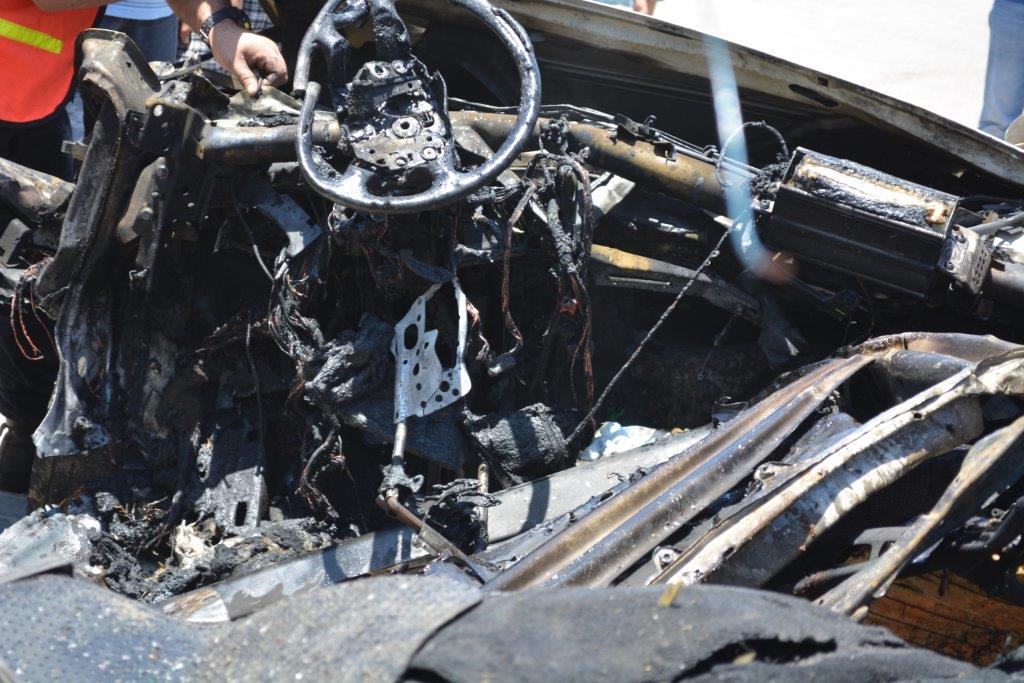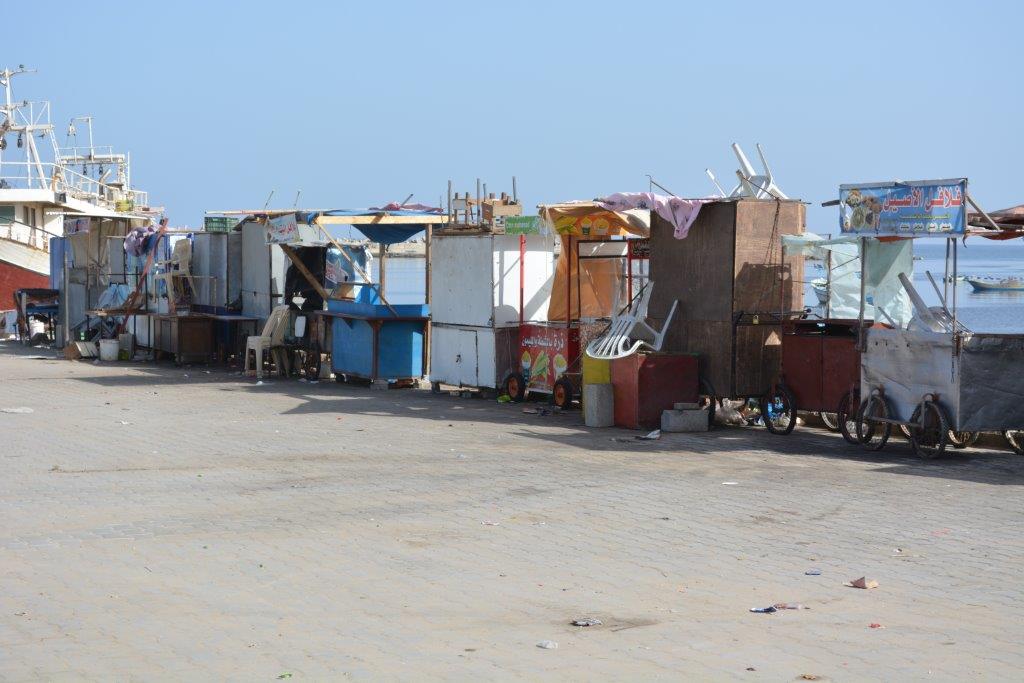-
Gaza report: Death and destruction
11th July 2014 | International Solidarity Movement, Charlie Andreasson | Gaza, Occupied Palestine We managed to get a lift in an armoured Land Rover belonging to French journalists, and at crazy speed we went through intersections with only the cat horn as protection. The goal was Jabalya refugee camp and the latest targeting killing using […]
-
Israeli forces engaged in punitive destruction of homes in the Gaza Strip
10th July 2014 | Palestinian Center for Human Rights | Occupied Palestine The Palestinian Centre for Human Rights (PCHR) is strongly concerned by Israel’s conduct of its offensive on the Gaza Strip, and in particular by the widespread punitive targeting of homes belonging to members of Hamas and Islamic Jihad. In recent days, the Israeli air force has […]
-
Journal from Gaza: Ghost town
10th July 2014 | International Solidarity Movement, Charlie Andreasson | Gaza, Occupied Palestine The entrance to the harbour was yesterday blocked for cars and other vehicles, but it was no problem to enter by foot. No one tried to stop me; there was no one there to stop me. The sentry box, where the police […]
Action Alert An Nabi Saleh Apartheid Wall Arrests BDS Bethlehem Bil'in Cast Lead Demonstration Denial of Entry Ethnic Cleansing Farmers Gaza Global Actions Hebron House Demolition International law Israeli Army Jerusalem Live Ammunition Nablus Ni'lin Prisoner Ramallah Rubber-coated steel bullets Settlement Settlers Settler violence Tear-Gas Canister Video



